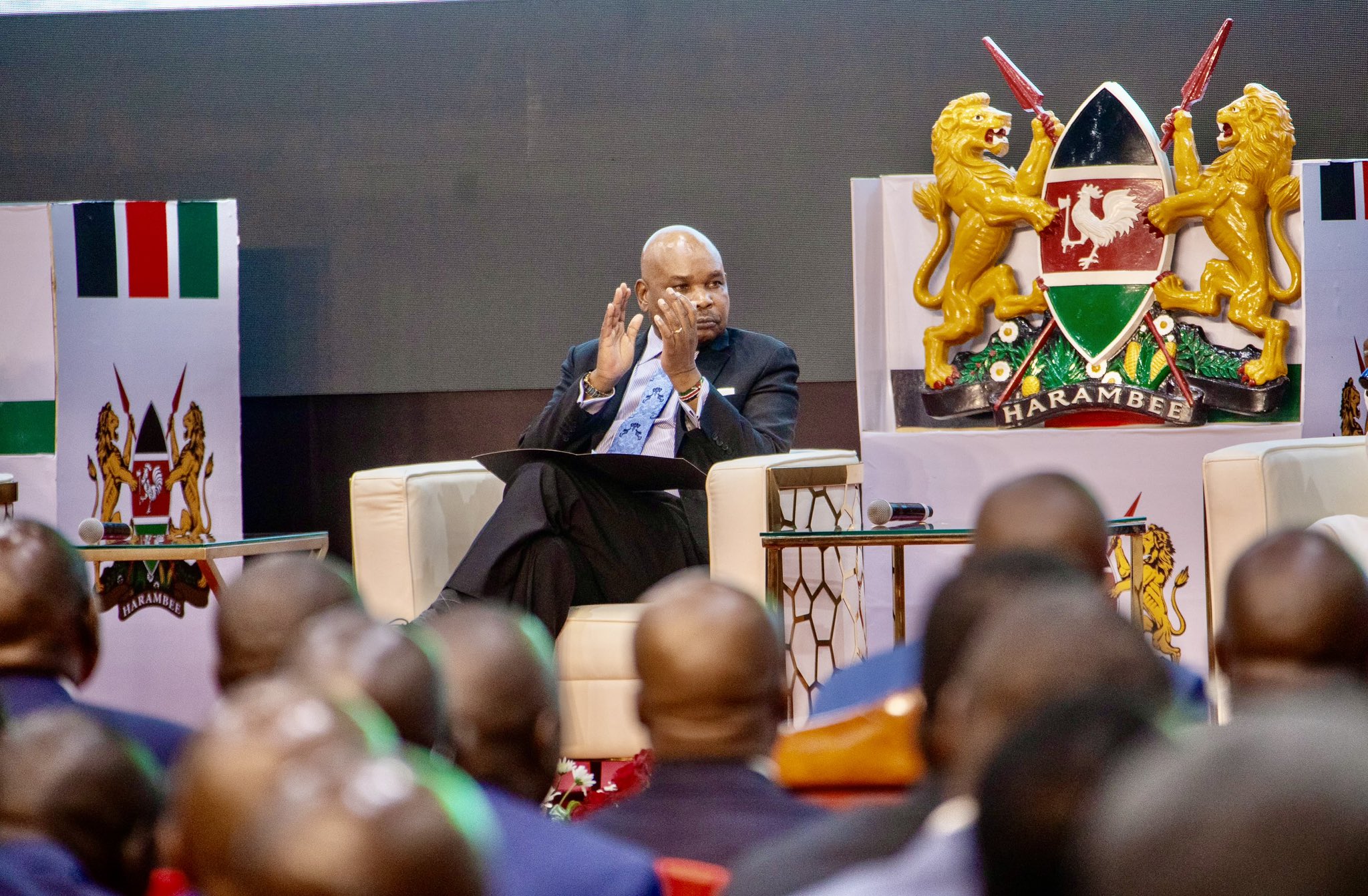

President William Ruto’s appointment of a panel of 18 experts to facilitate compensation of protest victims has created a big divide among stakeholders.
The panel, which was gazetted on August 25, is set to be chaired by Ruto’s senior constitutional affairs adviser Prof Makau Mutua, with LSK president Faith Odhiambo as its vice chairperson.
Other members are former Solicitor General Kennedy Ogeto, Amnesty International-Kenya executive director Irungu Houghton, John Olukuru, Rev Kennedy Simiyu, Linda Musumba, Duncan Ojwang’, Naini Lankas, Francis Muraya, Juliet Chepkemei, Pius Metto, Fatuma Kinsi Abass and Raphael Anampiu.
Richard Barno will be the technical lead, Duncan Ndeda the co-technical lead, while Jerusah Michael and Raphael Ng’etich will be joint secretaries.
The team is expected to operationalise the August 8 proclamation, whereby the President announced a framework to compensate protest victims.
However, the process is being challenged based on its legality and sensitivity to victims.
Former Deputy President Rigathi Gachagua poured cold water on the process, saying it was President Ruto’s attempt to appease the international community ahead of the UN Assembly in September, following concerns about extrajudicial killings and abductions.
“He is trying to hoodwink the international community by ordering Prof Makau Mutua to set up a team to compensate victims of extrajudicial killings,” Gachagua said.
“We accept it is good to compensate people, but that should be the tail end.”
He added that before compensation, the President must first admit they were extrajudicial killings and apologise to the nation and to the families.
Former Mukurweini MP Kabando wa Kabando said while the appointment of the LSK president would, in an ideal situation, be noble, in reality, President Ruto can't be trusted.
constitutional lawyer Waikwea Wanyoike has termed the victims’ compensation and the appointment of its panel of experts unconstitutional.
“Constitutionalism and accountability cannot be sacrificed at the altar of political populism and expediency,” Wanyoike said on X.
Former LSK president Eric Theuri warned that the panel of experts will face obvious legal challenges.
These will emanate from the process of determining victims and their aggressors, and the lack of an established legal framework to spend public resources, he said.
“Will they pay in cases where victims have judgments against the state?” Theuri asked.
“Evidently, this looks like a political solution to ODM/UDA memorandum but is devoid of the legal foundation. Doomed to fail but the President would have delivered on his end of the bargain.”
Lawyer Miguna Miguna has also dissuaded Odhiambo from taking up the role, arguing it is President Ruto’s attempt to “insult, degrade and re-victimise victims of his barbaric atrocities”.
“We are disappointed if you and the LSK are part of this cover-up. You should be part of the search for genuine justice through accountability and an independent judicial inquiry,” Miguna said.
Migai Aketch, a professor of law and an advocate, argues that the constitution does not give the President the power to appoint bodies such as the "Panel of Experts on Compensation of Victims of Demonstrations and Public Protests".
Aketch said Ruto has wrongly interpreted Article 129 as giving him such powers.
“Article 129 says, ‘Executive authority shall be exercised in accordance with the constitution.’ This is not authorisation to the President to establish any entity. On the contrary, this Article simply means that the executive branch of government is responsible for governing,” he said.
“And the executive governs by implementing laws and policies, not establishing entities outside legal frameworks established by Parliament. Hence, the discretion of the President in discharging executive authority is highly circumscribed in the constitution.”
As such, Aketch said, the question is whether the panel of experts should be subjected to proper public and parliamentary debate and scrutiny.
“Establishment of the panel entails expenditure of public funds, and the people must decide if this is how to spend the funds,” he said.
Amnesty International, however, welcomed the naming of Irungu to the panel, saying he will be guided by the principles of reparations, justice and non-recurrence.
“Irũngũ Houghton joins the panel in an advisory role in his personal capacity,” Amnesty said in a statement.
“His appointment will not limit his responsibility to lead Amnesty’s advocacy, litigation and pursuit of command responsibility for the abuses that have occurred. He will remain bound by the paramount interests of the victims’ families and their demand for judicial redress.”
Activist Hussein Khalid also welcomed the compensation and called for the panel to ensure reparations, justice and non-recurrence are also guaranteed.
Vocal Africa, which Khalid leads, acknowledges the compensation of victims of public protests as a step forward.
“However, true justice demands more. The government must prioritise accountability by investigating protest-related killings, prosecuting officers responsible and ending the culture of impunity. All individuals still unlawfully held in police custody should be released without delay,” it said.













